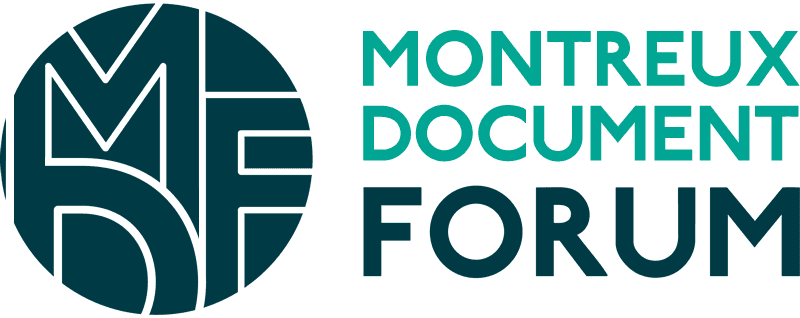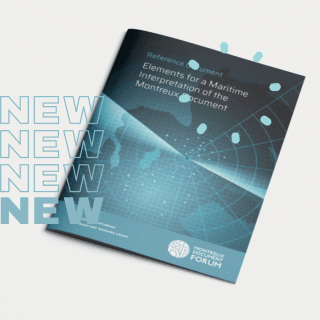
On the 22nd and 23rd of June the Montreux Document Forum organised a Regional Meeting for States in the Middle East and North Africa region.
The Montreux Document supports States in addressing challenges in the regulation of private military and security companies. Indeed, the good practices contained in the document enable States to review the conformity of domestic legislation and practice with existing obligations under international humanitarian and human rights law. The meeting allowed to increase awareness amongst States in the region on the Montreux Document; to facilitate an exchange on challenges and good practices related to the regulation of PMSCs; and to provide guidance to States on how they can implement the Document’s norms and good practices. The conference gathered 50 participants from 14 States in the MENA region and participating States to the Montreux Document (incl. the four States in the region currently supporting the Document, namely Iraq, Jordan, Kuwait and Qatar), and generated fruitful discussions among States.
The region hosts a large private military and security industry that continues to grow. This development is notably driven by the demand to secure extractive operations as well as the outsourcing and privatisation of a variety of military and security services by States. While the size of the industry varies between countries, private military and security companies (PMSCs) thus have undoubtably become a key factor in the security sector, delivering services to both public and private clients.
However, where weakly governed they bring with them the risk of undermining human and national security and endangering humanitarian law, human rights, and development. Weak governance also results in ill-defined relationships between public security providers and PMSCs and thus a risk of private actors taking over core public security functions by stealth. Weak governance of the PMSC industry is reflected in several settings in the region in insufficient regulation, monitoring, and accountability frameworks as well as in the widespread absence of robust data on the industry.
There is a diversity in national regulatory frameworks on PMSCs in the MENA region. In terms of monitoring and oversight, most States clearly identify the regulatory authority for the licensing of PMSCS. However, there is a lack of institutionalised monitoring mechanisms from designated PMSC authorities once licensing has taken place. Oversight and accountability are challenged by several factors. On the one hand, a certain opacity of the sector, especially in places with weak governance complicates appropriate oversight. Most States define permitted and prohibited activities of PMSCS and regulate what weapons and equipment may be carried by PMSC personnel. Most legislative frameworks in the region do not explicitly reference human rights and labour standards. Correspondingly, even though most States of the region require PMSCs to conduct background checks on employees and PMSC personnel to undertake basic training, regulations are often rather vague in terms of training content. States also do not specifically address the use of force by PMSC personnel: they often simple apply law enforcement standards by analogy when specific guidelines for PMSCs are required.
The Co-Chairs and the Secretariat of the Montreux Document Forum look forward to continuing exploring future steps and areas for collaboration with States in the region. Moreover, a conference report is being developed and will be shared shortly. Please do not hesitate to contact the Secretariat for any further information at:




